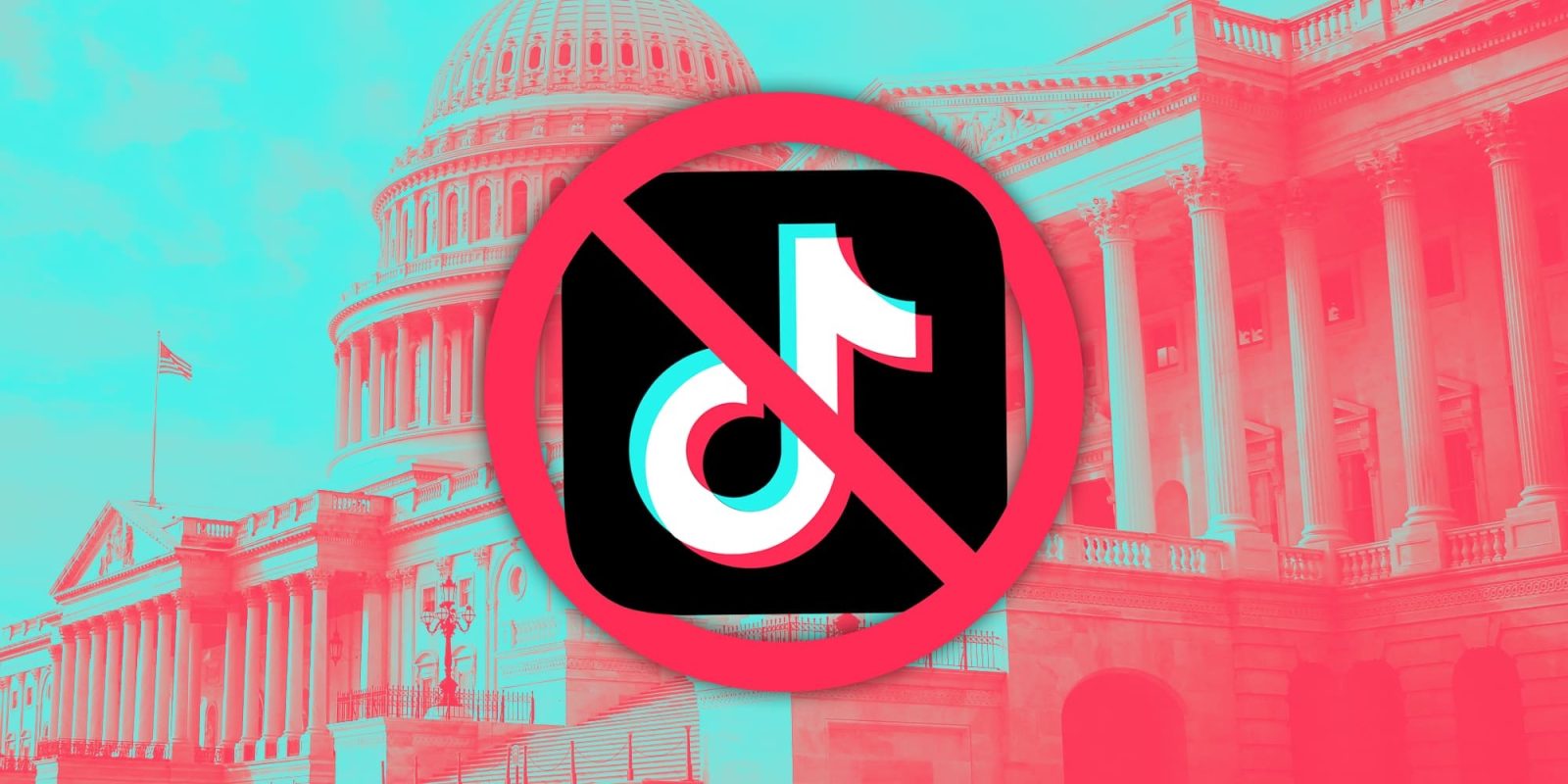US Intends To Have Denuclearization Dialogue with North Korea, South Korea Must Prepare
When the U.S. negotiated with North Korea in the past, it established a system of taking intermediary steps, and considering that dialogue between the U.S. and North Korea will likely continue in this manner in the future, Rapp-Hooper’s statement is not surprising. It is unlikely that conversations with North Korea will be in full swing before the U.S. presidential election in November. In this regard, the remarks seemed to have originated from an intent to reduce rising tensions throughout the Korean peninsula, which have been heightened recently due to the intense confrontation between North and South Korea. Nevertheless, notably, this is the first time a White House official from the Joe Biden administration has spoken on the issue. No matter who the next president will be, the U.S. is feeling the need to negotiate with North Korea, and the core of that dialogue is how to realize the complete denuclearization of the Korean peninsula and peacebuilding.
Having already declared its nuclear armamentation, North Korea it has begun to restore relations not only with friendly nations such as Russia and China but also with Japan and Germany. Recently, the United Nation’s resident coordinator in North Korea, who was evacuated after the COVID-19 pandemic, has agreed to return to Pyongyang. There is a calculation behind North Korea’s actions to shed its isolationism and make its status as a nuclear power an indisputable fact. The more time passes, the more the international community’s sanctions on North Korea are slowly being relaxed. The longer the intervention of the U.S and South Korea continues, something that North Korea is closing the door of dialogue on, the more North Korea can solidify its status as a nuclear power.
I hope that the U.S. and North Korea will engage in substantial denuclearization talks as soon as possible as the National Security Council official stated. Yoon Suk-yeol’s government must also make thorough preparations. If we remain complacent in believing that ‘North Korea cannot go to Tokyo or Washington without passing through Seoul,” as Unification Minister Kim Yung-ho said, it may get serious. All foreign affairs and security ministries must consider how to achieve denuclearization of the Korean peninsula and take the initiative in communicating with the countries that are affected.

